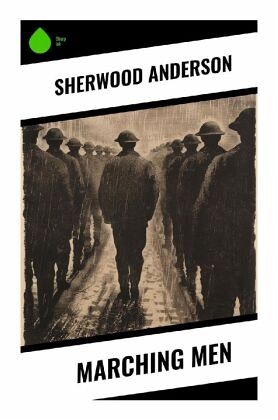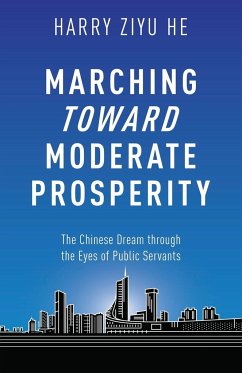
Marching Men
Versandkostenfrei!
Versandfertig in 6-10 Tagen
10,90 €
inkl. MwSt.

PAYBACK Punkte
0 °P sammeln!
In "Marching Men," Sherwood Anderson explores the intricacies of American life during the early 20th century through a lens of disillusionment and existential inquiry. The novel employs a lyrical and introspective style characterized by Anderson's signature stream-of-consciousness technique, allowing readers to delve deep into the minds of its characters as they navigate the tumult of industrialization and urban growth. Set against the backdrop of a rapidly changing society, the narrative captures the tension between individual aspirations and the collective experience of modernity, presenting...
In "Marching Men," Sherwood Anderson explores the intricacies of American life during the early 20th century through a lens of disillusionment and existential inquiry. The novel employs a lyrical and introspective style characterized by Anderson's signature stream-of-consciousness technique, allowing readers to delve deep into the minds of its characters as they navigate the tumult of industrialization and urban growth. Set against the backdrop of a rapidly changing society, the narrative captures the tension between individual aspirations and the collective experience of modernity, presenting a microcosm of America's evolving identity. Sherwood Anderson, a pivotal figure in early modern American literature, was profoundly influenced by his own experiences in the heartland and the burgeoning industrial landscape of his time. His earlier work, particularly "Winesburg, Ohio," laid the groundwork for a focus on the inner lives of ordinary people, a theme that resonates throughout "Marching Men." The author's formative years were marked by dislocation and a quest for meaning, which he channels into this compelling narrative, examining the struggles of men and women striving to find their place within an unforgiving society. "Marching Men" is recommended for readers interested in the complexities of human existence and the socio-economic dynamics of early 20th-century America. Anderson's poignant prose invites reflection on the universal themes of hope, despair, and the relentless march of progress, making it an essential read for those captivated by the realities of American life.












